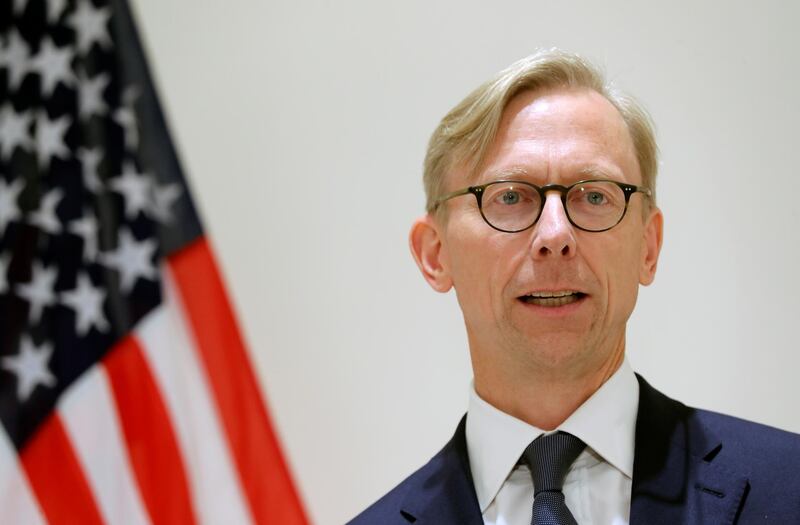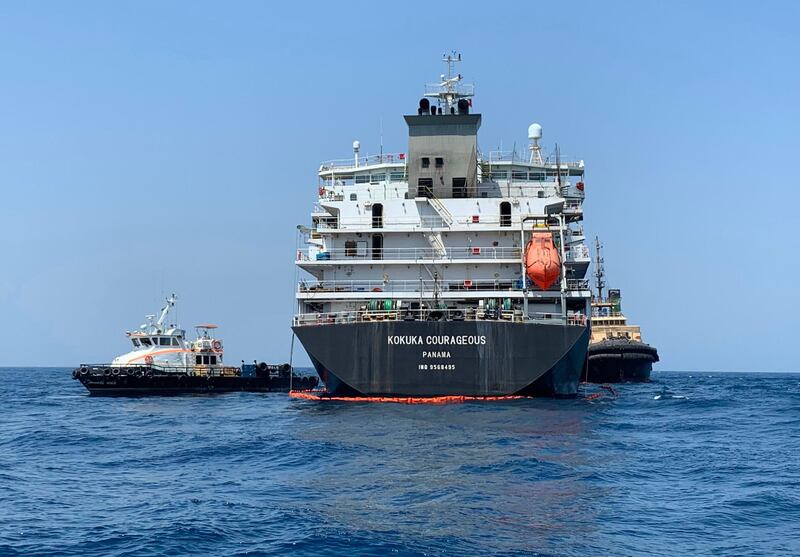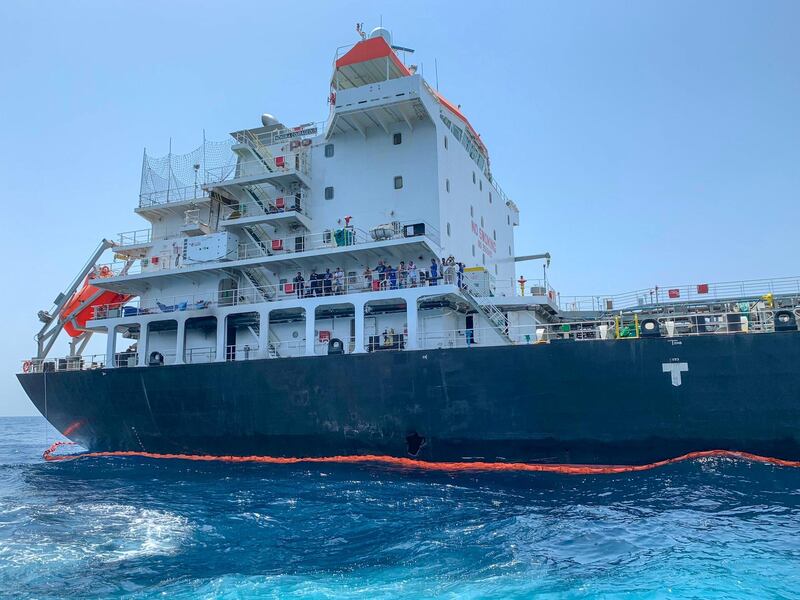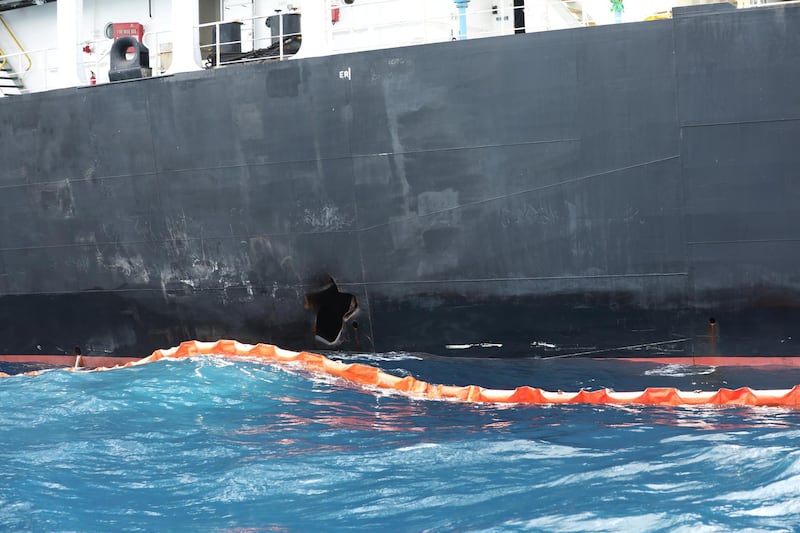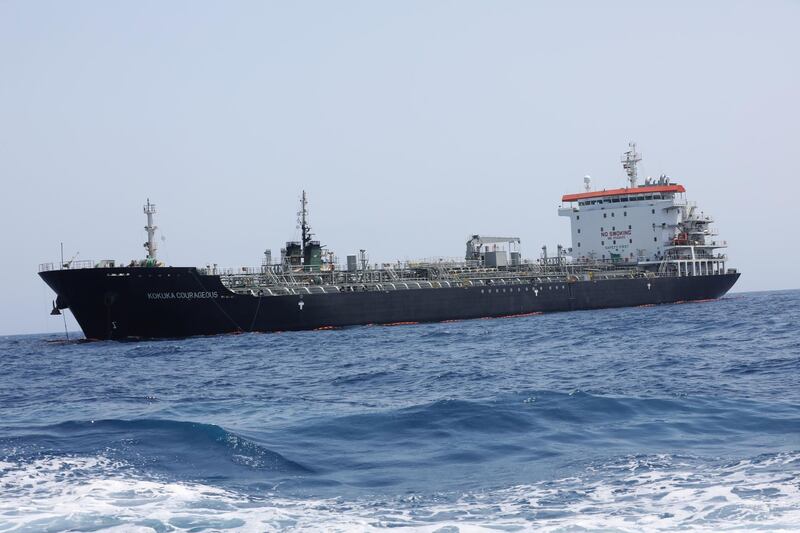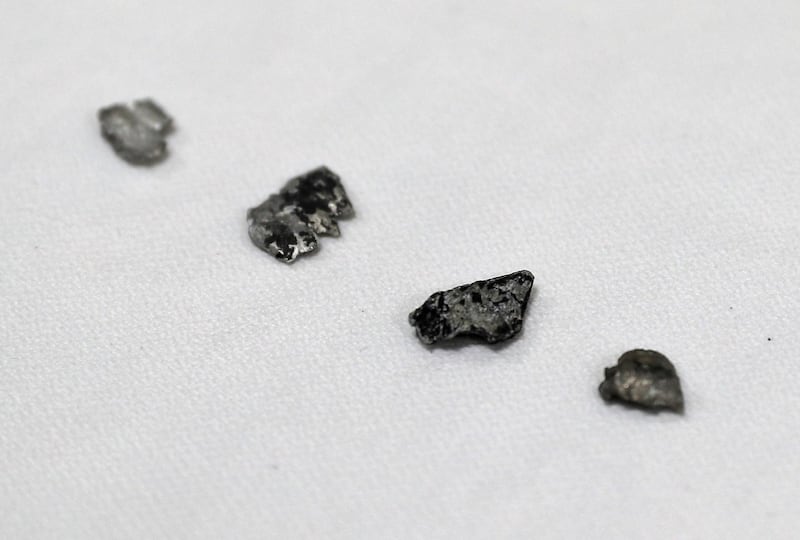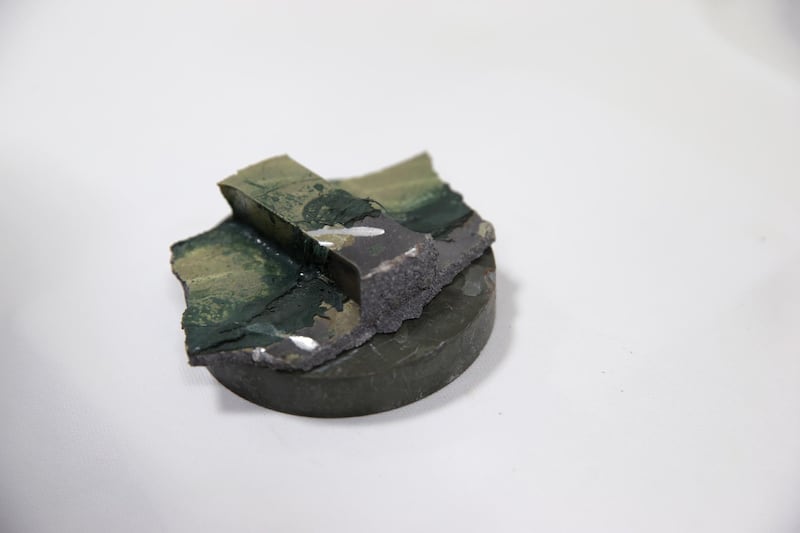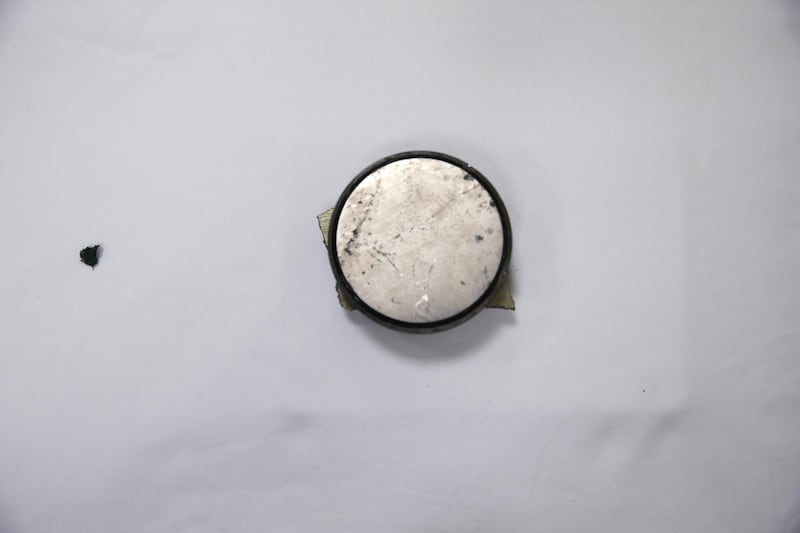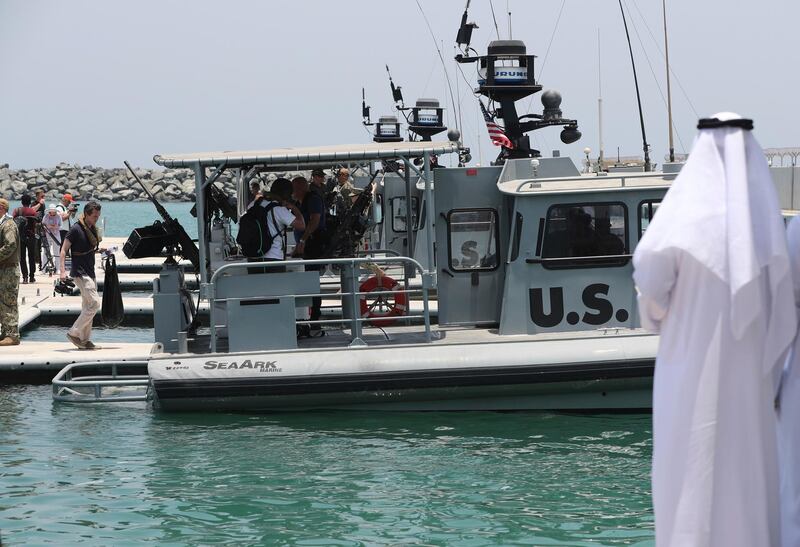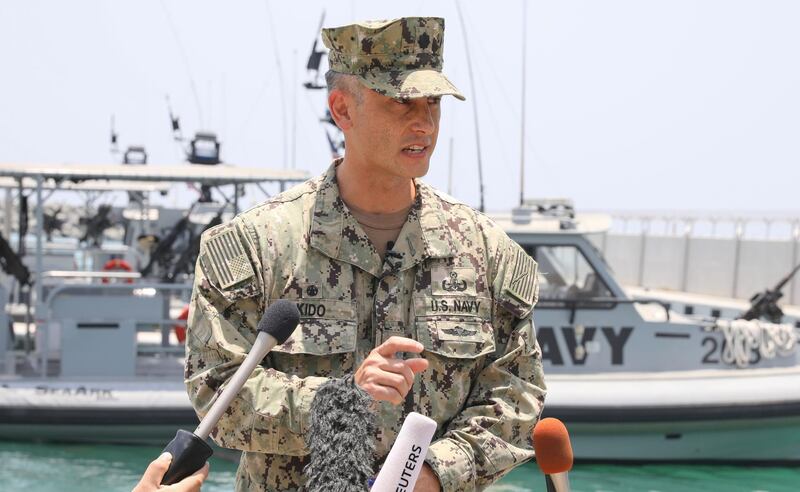The United States is working to prevent Iran establishing a chokehold on two vital international shipping lanes, the Straits of Hormuz and Bab Al Mandeb off Yemen, the US envoy Brian Hook has revealed.
Outlining America’s determination to deal with Iranian threats to international security now rather than in a decade when the country is unshackled from the 2015 nuclear deal, Mr Hook said the US wanted freedom of trade and shipping in the region to be a global concern.
Predicting future moments of tension, Mr Hook said Iran was responding “disproportionately” with military activity to US diplomatic pressure. Focusing on one part of the challenge from Iran, Mr Hook told a briefing in London that he was seeking to work with the International Maritime Organisation and countries reliant on the Arabian Gulf for energy supplies to address the security of shipping.
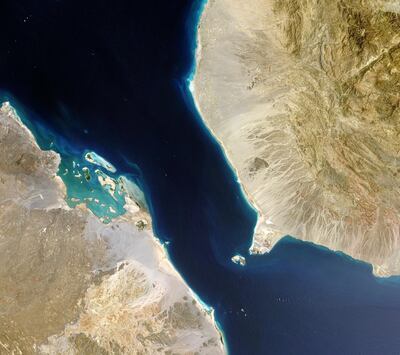
“Iran has been a threat to freedom of navigation for most of its history, whether its laying mines in waters, the fast boats that harass other vessels, the regular threats to close the Strait of Hormuz,” he said.
“In Yemen, Iran was very opportunistic about working with the Houthis and if we don’t prevent Iran from laying deep roots in Yemen, they will be in a position to close the Strait of Hormuz and the Bab Al Mandeb."
The US envoy set red lines on Iranian influence in Yemen at the heart of Washington’s policy.
“They are succeeding to do in Yemen what they have done in Lebanon, they would like to Lebanise Yemen,” he said. “To be in a position to harass the Emiratis, the Saudis and to be another threat to freedom of navigation. So we are pushing back on Iran’s long game in Yemen.
“We would rather deal with a weaker Iran today than a stronger Iran a decade from now.”
US officials have said countries that import the majority of their energy from the region must shoulder a greater burden for its protection. “There are combined maritime forces that are in the region already,” Mr Hook said. “That initiative has not stopped Iran from attacking oil tankers whether it's off the coast of Fujairah, or off the coast of Oman, so we are having discussions with countries, especially stakeholders in navigation and energy security.
“We do think any maritime security initiative needs to be internationalised and America should not be carrying this effort by itself. We will be talking with nations to assess their level of interest to see what kind of maritime support they can give if a maritime security effort were to be advanced.”
More than a year after America pulled out of the 2015 Joint Comprehensive Plan of Action (JCPOA) on Iran’s nuclear programme, the remaining countries in the deal met in Vienna on Friday to offer Iran concessions to offset its losses under US sanctions. Mr Hook said Tehran had spurned Washington’s offer to make a fresh start on its place in the world.
_____________
Gulf of Oman tanker attacks: Mines point to Iran role, US Navy chief says
_____________
“Iran has rejected diplomacy too many times,” he said. “The president has repeatedly said he would welcome a phone call from the regime. President Trump endorsed [Japanese] Prime Minister [Shinzo] Abe’s historic trip.
"The Supreme Leader issued a series of tweets rejecting this diplomatic outreach and then, just to really drive the point home, blew up a Japanese oil tanker while the prime minister was still in the country.”
While the US has said it would not oppose outright the Europe trade platform – known as Instex – for trade with Iran, it would monitor the body very closely to ensure it is limited to humanitarian activity. For its part the US will maintain its “maximum pressure” approach to Iran, Mr Hook said. He pointed to Iran’s losses so far under US sanctions.
“It denies the regime many tens of billions in revenue, We are on track to deny the regime $50 billion in oil revenue alone,” he said. “We are driving up the cost of Iran’s foreign policy and military spending.
“We are committed to this effort to intensify the sanctions until it decides that it wants to be a normal state and not a revolutionary cause,” he said.
“We are seeking to have a fundamental change in Iran’s behaviour, it is not a change of the Iranian regime, it is a change in behaviour.”
In fact President Donald Trump was very clear his endgame was new talks with Iran, Mr Hook said.
“We want a deal we could submit to the Senate as a treaty and it would address Iran’s nuclear programme, its missile programme and its regional aggression, also its arbitrary detention of dual nationals. The Joint Comprehensive Plan of Action is a curious title because its not comprehensive.”
___________
Podcast: Tanker attacks straight from Iran playbook
___________
The speeding up of Iran’s uranium enrichment activity prompted the US to warn that the country would face consequences if it crossed a threshold that brought a nuclear bomb closer. The current estimate of more than 12 months was an international consensus. “Iran should not ever get below one year – we’d like to push it out as far as possible,” he said. “So we look very closely at any activities that would drop Iran below the one year breakout timeline. We look at it through the lens of 'is Iran closer or farther to a nuclear weapon'.”
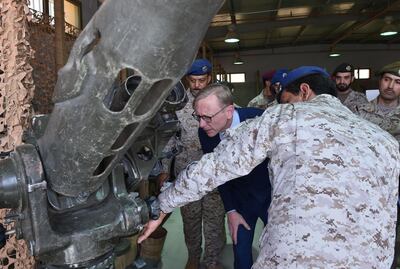
Mr Hook said that following requests from regional countries and elsewhere, the United Nations could be asked to authorise a naval operation similar to the one mounted more than a decade ago to combat Somali piracy in the Indian ocean.
"There could be a role for the Security Council to play," he said.
